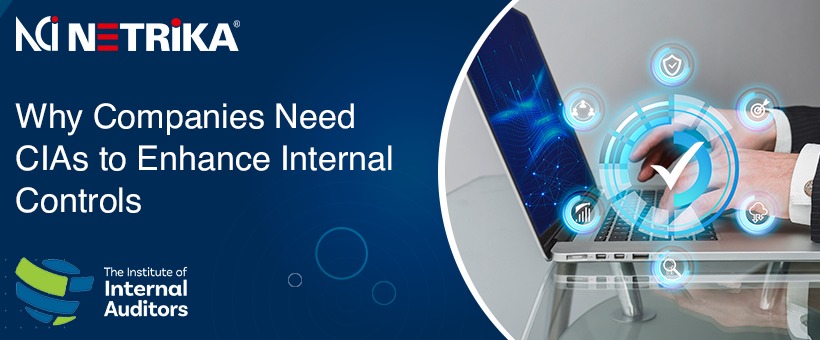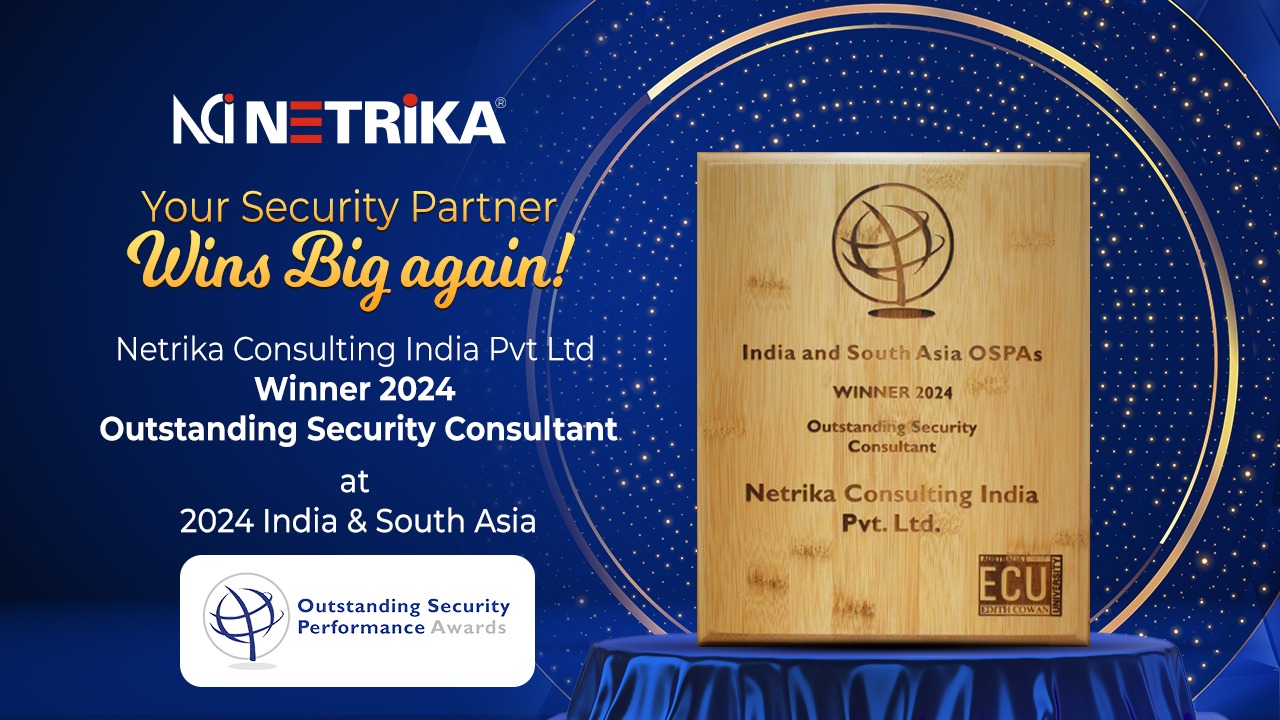News & Events
Why Companies Need CIAs to Enhance Internal Controls
- August 12, 2024
- Posted by: marketing@netrika.com
- Category: Blogs

Certified Internal Auditor (CIA) Course
When an audit is carried out without a defined goal in mind or a specialist to process it, the project’s scope is highly likely to increase by including new problems or procedures that the team discovers as the audit progresses. This can lead to potential vulnerabilities in internal controls in the organization, causing financial discrepancies or a compromise in security posture. This is why a certified internal auditor is often hired to identify the audit’s goal and scope while ensuring the internal controls are not affected. This critical role carried by a CIA makes them an essential part of the organization’s security posture and assists the company and its stakeholders in making well-informed decisions about internal controls. Read more.
Why companies need CIAs to enhance internal controls
A certified internal auditor assesses the internal controls in place to manage risks and prevent unwanted outcomes, such as the internal department’s compliance or the financial reporting system. Almost every company process requires some level of accountability and control to ensure that there are no flaws that could cause problems. To ensure that controls are carried out and working as intended, CIAs assess both the implemented and written controls. They detect any vulnerabilities or gaps in the system that could lead to potential risks. Their expertise enables organizations to evaluate and design the operation controls, ensuring they are not just well constructed to support the safety posture but also well functioning.
In addition, certified internal auditors improve financial reporting accuracy through their practical auditing and investigative skills in accounting systems, financial statement preparation & vetting, and transaction recording. This makes them catalysts for strengthening the internal controls and issues that could potentially lead to financial errors, misstatements, and fraudulent activities.
Moreover, with the skill of promoting accountability and transparency, they can ensure that the organizations consistently follow the internal controls. They also ensure that the employees in the organization adhere to the established controls and there are no deviations that could lead to inefficiencies. They regularly assess and report the effectiveness of the organization’s risk profile to help build customer and stakeholder trust.
Internal controls are a dynamic component of an organization that evolves with the organization’s environment. This includes evolving internal controls with the change in technology, regulations, and business operations. CIAs, when integrated in the internal control teams, can support continuous improvement by regularly reviewing controls to ensure they remain efficient.
Certified internal auditors are an indispensable part of an organization by recommending internal control enhancement steps, adopting best practices, and streamlining processes. They play a critical role in achieving organizational objectives by managing governance, compliance frameworks, and risk management to drive the overall success of the organization.

